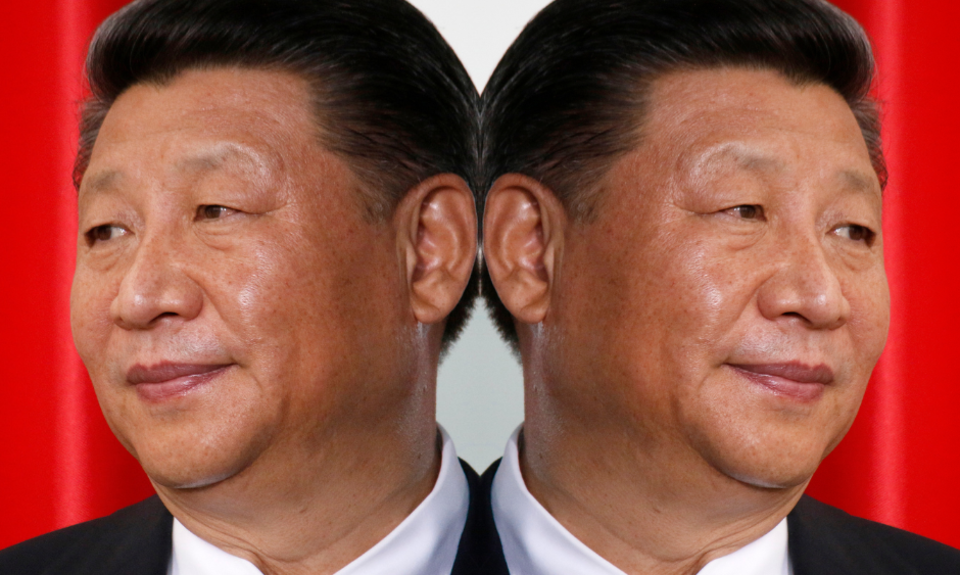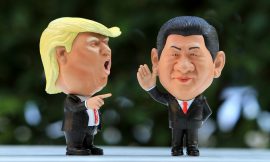Each month, Frédéric Munier, the Director of the School of Geopolitics at SKEMA Business School, publishes a column in the magazine Pour l’Éco. At the end of the 20th Congress of the Chinese Communist Party (CCP), he discussed China’s position in international relations. The congress enshrined the omnipotence of Xi Jinping, who called for “genuine multilateralism”. Commitment or deception?
In 2017, Graham Allison, Professor of Government at Harvard Kennedy School, published Destined For War: Can America and China Escape Thucydides’s Trap? In this book, he popularised the idea formulated by the famous Athenian general that a country could take the risk of starting a preventive war against a rival if it felt that its hegemony was under threat.
Allison warned the leaders of his country against such temptation with regard to China. It has to be said that the spectacular growth of the latter has been cause for concern in Washington: a third-world country under Mao, it became the world’s second-most powerful economy in 2010 and will perhaps be the first by around 2030, or, in other words, tomorrow. Xi Jinping’s arrival in power in 2013 was a turning point, with him openly declaring his goal for China to be the world’s leading power in 2049, for the centenary of the People’s Republic.
China, a giant with feet of clay?
The 20th National Congress of the CCP, which has just closed, consecrated Xi’s omnipotence, electing him for a third mandate, which is a first since Mao. His power is undivided: he did not hesitate to organise the removal of former President Hu Jintao, in the middle of the congress and live…
However, this demonstration of power should not hide that China is entering a difficult period in all respects. The “zero-Covid” strategy has had harmful effects on the economy and society; growth is sluggish (2.8%, its lowest rate in over 40 years), while unemployment among young people is rising.
There have even been unprecedented demonstrations against this power… There can be no doubt that the Xi and his partisans’ control aims to consolidate the CCP’s power in a weakened and worried China.
Dr China and Mr Hyde
The Chinese President’s foreign policy should be read in this light: the nationalistic declarations of power made during the Congress are intended as much to affirm Beijing’s power to the rest of the world as to cement the strengths of a fragile country.
The problem is that this strategy collides head-on with the same Xi who said “China will never seek hegemony nor engage in expansionism”.
On the one hand, Xi is reassuring his partners and tirelessly advocating for “the equality of all countries” within the framework of “real multilateralism”. Yet, on the other hand, he is supporting Russia, promising a ”world class” army, stepping up pressure in the South China Sea, moving forward with the “new Silk Road“ project, building rival institutions to those of Bretton Woods and not hesitating to depict the United States as a threat to the world order…
In short, Beijing is simultaneously showing the multilateralism card and the fragmentation card. Will it be able to keep up this balancing act for long? How will Washington react to the ambitions set out by Xi Jinping? The answer to these questions will shape the world. Let us hope that the best interests of all concerned will divert them from Thucydides’s trap…
This article was originally published in French in Pour l’Eco.







